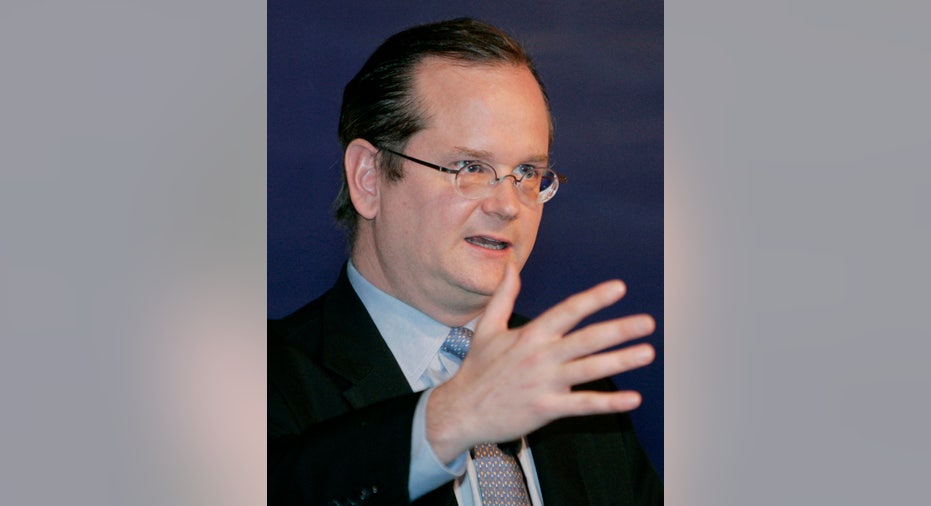A Harvard Professor, $1 Million & The White House

Lawrence Lessig, a Harvard Constitutional Law professor and the founder of Internet law, has thrown his hat into the 2016 race for president. He plans to run for the Democratic nomination.
Lessig launched his campaign with a video on a newly rolled-out website that also features a Kickstarter campaign. But unlike the other candidates in both parties, Lessig doesn't want to be a career politician.
According to Lessig's campaign site, if he can raise $1 million by Labor Day, then his campaign for president will move forward and he'll face tough challengers like Hillary Clinton, who's leading in the polls, and Bernie Sanders.
!function(d,s,id){var js,fjs=d.getElementsByTagName(s)[0],p=/^https:/.test(d.location)?'https':'http';if(!d.getElementById(id)){js=d.createElement(s);js.id=id;js.src=p+"://cdn1.findthebest.com/rx/widgets.js";fjs.parentNode.insertBefore(js,fjs);}}(document,"script","ftb-widgetjs");
If Lessig runs for president, the focus of his campaign will be centered on the Citizens Equality Act of 2017, a package of reforms that aims to restore citizen equality.
His campaign launch statement referred to his campaign as a 'shot in the arm of American politics.'
If Lessig wins the 2016 election, he will serve as a referendum president meaning that his sole focus will be on the Citizens Equality Act. Once the act is passed, Lessig plans to step down and let the vice-president take over as president. According to his campaign site, the VP nominee will be chosen by the Democratic party.
Lessig's Citizens Equality Act can be broken down into three components. The first is guaranteeing an equal right to vote by passing the Voting Rights Advancement Act (allowing polling locations to be on Native American tribal lands) and the Voter Empowerment Act (promoting voter registration). Lessig also wants election day to be a holiday.
The second component aims to guarantee equal representation by redrawing district lines. Lessig would end gerrymandering, a practice that manipulates the district lines of voting constituencies to give one party more influence over another.
The third and most important (according to Lessig) aspect of the Citizens Equality Act is that elections should be citizen funded. In his campaign launch video, Lessig says that only 1% of the population donates to campaigns and his goal is to reform campaign financing to make it more representative of voters. His plan includes providing every voter with a voucher to contribute to congressional and presidential campaigns and matching funds for small-dollar contributions.
Lessig is truly a one issue candidate, as his campaign website makes no mention of any other 2016 issues like abortion, gay marriage, Iran or the economy. While Lessig does plan to focus on one issue, he notes on his website that he will execute the powers of the executive office outside of this referendum and use the vice-president as his closest advisor.
Born in South Dakota and raised in Pennsylvania, the 54 year old Lessig received his undergraduate degree in management from the Wharton School at the University of Pennsylvania, a masters in philosophy from the University of Cambridge and a law degree from Yale Law School. Following law school, Lessig clerked for two conservative judges, despite his left leaning, including Supreme Court Justice Antonin Scalia.
Lessig has taught law at the University of Chicago, Stanford University and Harvard University, where he is currently a professor. The presidential candidate is widely credited for developing the field of Internet law and being a major influence in the next wave of intellectual property discussions.
Lessig has also worked to combat sexual abuse, after being sexually abused during his teenage years at the American Boychoir School in Princeton, NJ. His experience was detailed in a 2005 interview with New York Magazine.
Lessig is married to social justice lawyer Bettina Neuefeind, and the couple has three children Willem (11), Teo (8), and Tess (5).



















